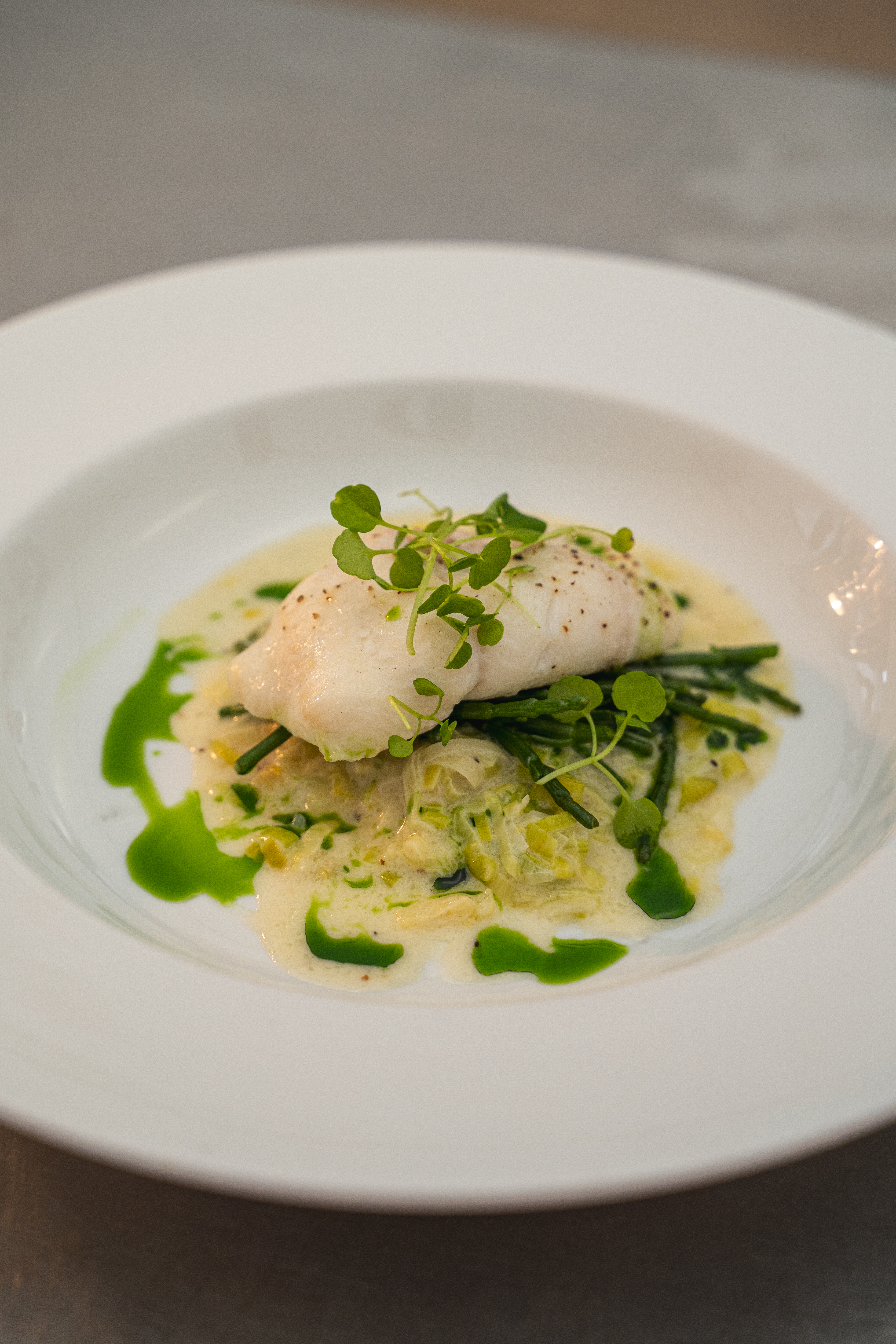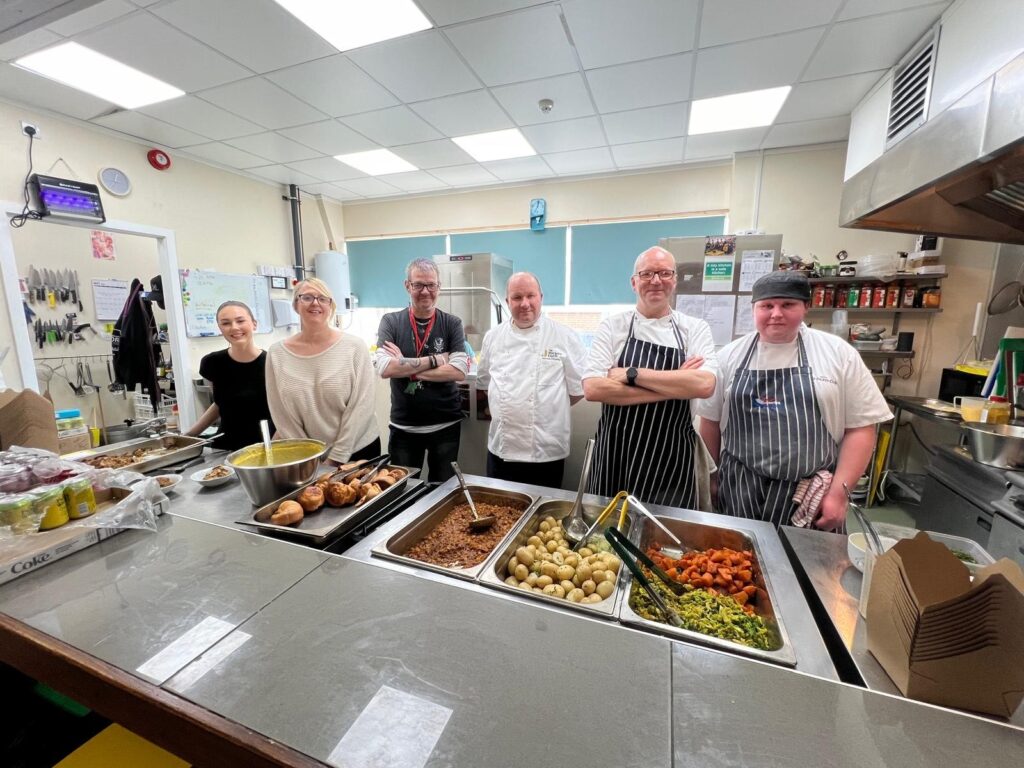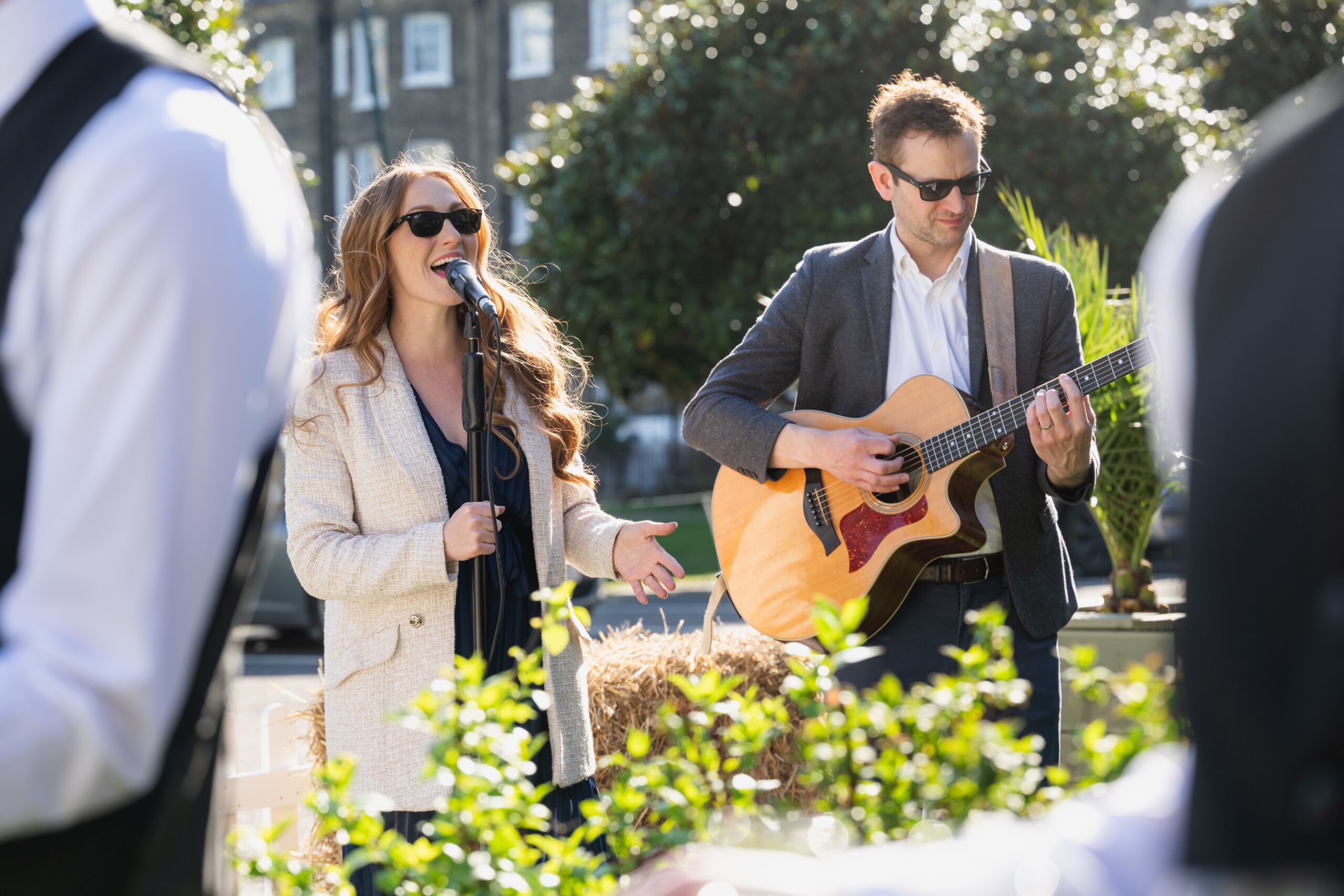The Jockey Club, a collection of prestigious racecourse event and hospitality venues across the UK, explains its proactive and community-first approach to surplus food waste which sees them donate excess food to a network of local charities and community groups in need.
By: Peter Jardine, Operations Director, Jockey Club Catering
How did this initiative come about?
Like any large-scale events company, our catering arm Jockey Club Catering produces a large amount of high-quality food and drink each year, from our three large racing Festivals to weekday racing and 1,000’s of conference and events that are held at our venues. One of our biggest challenges is to reduce food waste where possible. If there has been a race day abandonment due to adverse weather conditions where the food cannot be used for another event, or we don’t get the numbers we were expecting, a huge amount of good food is at risk of ending up as food waste.
When there are hungry people in the world and scarce natural resources, to me this is just unacceptable. So, we started reaching out to local charities to see if they could benefit from our surplus food. It all happened organically at first, and it has grown into a network of over fifteen charities nationwide that regularly accept and re-use our surplus food for people who need it.
Our General Managers and Chefs at each racecourses have a fantastic relationship with the local charities, our teams will ring in advance to see if they would like the food donation, they would then go and drop the available food to them.
In addition to this, our culinary teams work hard to carefully produce dishes with ingredients from local suppliers who share our vision to become leaders in sustainability. We aim for 100 per cent of ingredients on our menus to be British and seasonal produce and where possible focus on plant-based options. On every menu that is produced from The Jockey Club, we have teamed up with Foodsteps to analyse the environmental impact of our menus. The carbon labels display the carbon footprint per serving of each item, which refers to the greenhouse gas emissions released from farm to waste so that our customers can make more conscious choices.

Many of our racecourse teams have now gone even further and are producing their own fresh ingredients on site. Two examples of this are Haydock Park and Epsom Downs. Haydock Park have an area of the racecourse that has been utilised as an Orchard that has apple and pear trees where the produce is used in menus throughout the year. In January 2024, Epsom Downs built and created a garden in an unused area of their racecourse with the vision to use the home-grown herbs and vegetables in menus at our race days. Fast forward to May 2024, and the garden has produced mint, parsley, radish, mange tout, carrots, thyme, sage and peas which was used in a variety of menus across the Betfred Derby Festival at the beginning of the month.
How many people have benefited from your donations to date?
It’s difficult to say exactly, but we’d estimate that over 2,000 people in the last year have benefitted, through over fifteen charities nationwide. This amounts to over £20,000 worth of food and drink.
Charities that we work with include Cheltenham Open Door, Tewkesbury Priors Park Project, Cinderford Food Bank and Benz Church Quedgeley; New Life Church in Warwick; The Vale Pantry in Wincanton; The Friary drop in homeless charity in Nottingham; New Life Church in Market Rasen; Hebron Church and Eden Valley Hospice in Carlisle; and St. Helens Food Bank in Haydock Park.
How does it work? Can you give some examples?
Our teams will work out what surplus food is suitable to be donated and will contact their chosen charities to arrange a drop off. Some recent examples of where our teams have gone beyond the drop off’s are:
In May, the Cheltenham team cooked a two-course lunch for 100 people at the Cheltenham Open Door, which provides food, friendship and support for anyone who needs it.

At Carlisle Racecourse in March, Head Chef Alastair Coe and his team volunteered to feed over 40 people in Hebron Church. Hebron Church is open every Monday, and Alastair arranges for the Carlisle team to cook for them four times a year, including over the Christmas period.
At Aintree Racecourse in April, more than 100 people from local community groups around Liverpool gathered for a community lunch hosted by The Jockey Club. Local groups such as Park Palace Ponies and Hope Community Church were in attendance and Head Chef, Lee Miller and his team prepared a delicious lunch that included Rosemary scented lamb shoulder, freshly prepared salads and a range of sweet treats.












